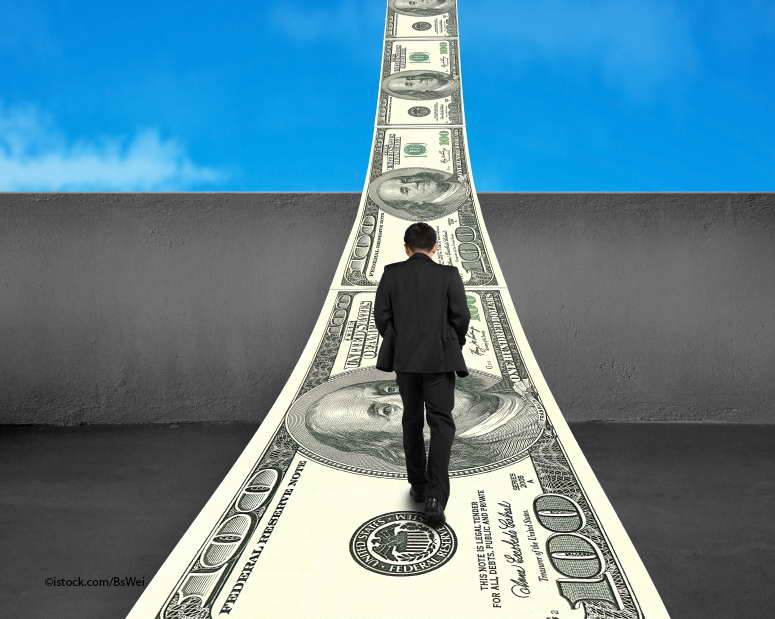February 14, 2014
2/14: Is the American Dream Still Attainable?
McClatchy/Marist National Poll
Close to seven in ten Americans think people who work hard still have a hard time maintaining their standard of living and cannot get ahead. Most say there are different rules for the well-connected, and a majority of Americans believes government policies put the middle class at a disadvantage. Americans expect to work harder to achieve their goals and believe the same goes for future generations. More than six in ten are calling on the federal government to increase the minimum wage and provide job training and education.
 Click Here for Complete February 14, 2014 USA McClatchy-Marist Poll Release and Tables
Click Here for Complete February 14, 2014 USA McClatchy-Marist Poll Release and Tables
POLL MUST BE SOURCED: McClatchy-Marist Poll
Many Americans don’t think hard work translates into upward mobility. 68% of Americans think people who work hard in this country still have a hard time maintaining their standard of living. This compares with 31% who believe hard workers have a good chance at improving their way of life. One percent is unsure.
Most Americans think the concept of a level playing field is unrealistic. 85% of U.S. adults think, when it comes to getting ahead, there are different rules for the well-connected and the wealthy. Only 14% report everyone plays by the same rules. One percent is unsure.
Most Democrats — 91% — and independents — 87% — think the well-connected and rich are at an advantage to move ahead. 74% of Republicans agree. Nearly one in four members of the GOP — 24% — believes the rules are the same.
When it comes to what it takes to get ahead, eight in ten — 80% — say it requires more effort these days to do so. Only 5% believe it takes less effort, and 15% think it takes just as much effort as in previous generations.
More than three in four Americans don’t believe the next generation will have it any easier. 78% say it will take more effort for them to advance. Five percent think it will take less effort, and 16% believe it will require just as much effort as it does now.
Older Americans are more likely to think that it will be more difficult for the next generation. 85% of those 45 to 59, and 82% of residents 60 and older think the daily grind will be more trying for the next generation. 74% of those 30 to 44 and 69% of those 18 to 29 say the same.
Table: Do Hard Workers Have a Good Chance at Improving Their Standard of Living?
Table: Are there Different Rules to Get Ahead for the Well-Connected and Wealthy?
Table: Amount of Effort to Get Ahead These Days?
Table: Amount of Effort for the Next Generation to Get Ahead?
Middle Class Squeeze
55% of adults nationally think the middle class, more than other socioeconomic groups, is being left behind by government policies. Four in ten — 40% — believe the poor are being excluded while only 4% say the rich are being left out.
By party, 67% of Republicans and 62% of independents think government policies are not helping advance the middle class. However, Democrats divide. 47% believe the middle class is trailing behind while a slim majority — 51% — thinks the poor are the ones being left out.
There are also income and racial differences. Nearly two-thirds of Americans who earn $50,000 or more annually — 65% — say government policies leave the middle class behind. However, a majority of those who make less — 52% — say government policies do not help the poor. 45% of these residents also think the middle class is left out.
Looking at race, 60% of white Americans and 53% of Latinos think government policies shut out the middle class. However, nearly six in ten African Americans — 58% — report the poor are the ones who are excluded.
Do U.S. residents consider themselves to be middle class? Half — 50% — do identify as middle class. More than one in five — 22% — describes themselves as lower-middle class, and 11% think they are lower class. Only 14% identify as upper-middle class, and just 2% say they are upper class.
Table: Group Most Likely to be Left Behind by Government Policies
Table: Socioeconomic Group Americans Consider Themselves
Moving Forward: Set Sights on Increased Wages and Training
What do residents want the federal government to focus on to help the economy and move the nation forward? More than six in ten — 61% — want them to concentrate on raising the minimum wage and providing job training and education. 35% say they should cut corporate taxes and reduce regulations on business. Five percent are unsure.
More than eight in ten Democrats — 82% — and nearly six in ten independents — 58% — say wages and job training should be the focus. While 60% of Republicans think the attention should be on cutting corporate taxes and reducing business regulations, a notable 35% want the government to concentrate on wages, job training and education.
Additionally, three in four Americans — 75% — report the top priority of corporations is their stockholders. More than one in five — 22% — thinks their allegiance is to their employees, and 3% are unsure.
Table: Top Priority for U.S. Corporations

